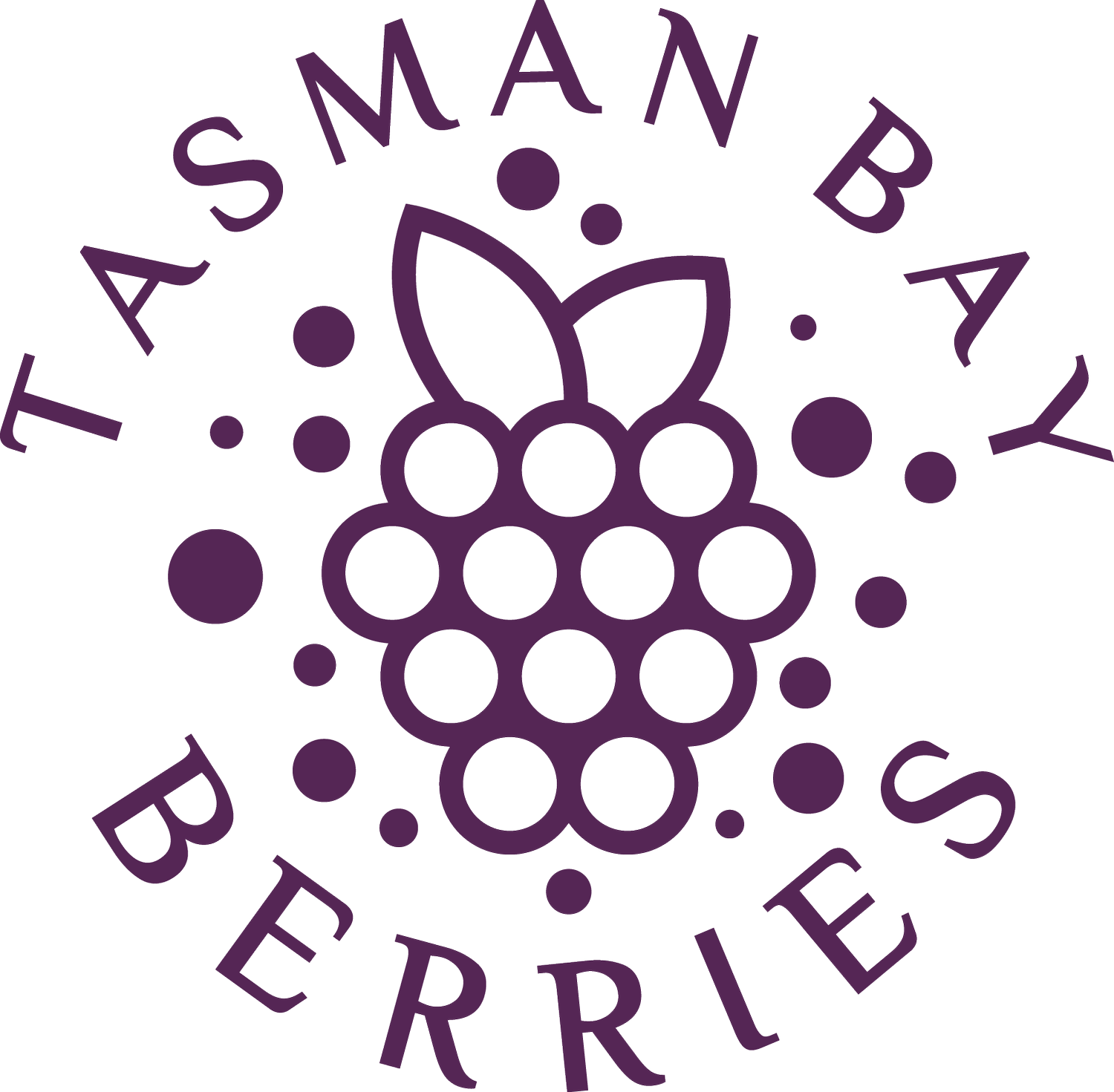
The Power of the Superberry

Lung Health
Boysenberries contain high levels of Anthocyanins, flavonoids with potent anti- inflammatory properties. High levels of Vitamin C, linked to a lower risk of Lung disease. Dietary fibre helps reduce harmful inflammation in the lungs.

Several components of boysenberries, such as potassium, folate, and various antioxidants are known to provide neurological benefits. Folate has been known to reduce the occurrence of Alzheimer’s disease and cognitive decline.
Brain Health

Digestion
Boysenberries contain a significant amount of dietary fiber, which prevents constipation, making your bowel movement easier to manage. One cup of boysenberries contains 7 grams of dietary fiber. The daily recommended dietary fiber intake for men and women are 38 grams and 25 grams, respectively.
Health Benefits of Boysenberries
Boysenberries are a hybrid berry – a combination of the raspberry, blackberry and loganberry. They originated from the US in the 1920’s and the largest producer now is New Zealand, grown and now exported locally and worldwide. The flavour is described as a combination between the sweetness of raspberries, with slightly tart undertones of blackberries. As well as their unique flavour, boysenberries are celebrated for their wide range of health benefits, and for their versatility.
Preserving the Natural Goodness
Although boysenberries are delicious when fresh, the growing season is short, and the fruits are highly perishable after picking. For this reason, Tasman Bay Berries have developed Boysenberry products that can be stored for longer periods, whilst maintaining the great taste and health benefits.
Some of the Benefits of Boysenberries (Rubus ursinus × idaeus)
Like numerous other berries, Boysenberries present a wide range of benefits. They are a rich source of anthocyanins, antioxidants and important vitamins and minerals, making them a welcome addition to any healthy, balanced diet. In short some of the benefits include:
Anti-Inflammatory Anthocyanins
A natural source of anthocyanins, a sub class of flavonoid that gives this super fruit its deep purple colour. They act as a natural anti-inflammatory. These have been linked to a reduced risk of certain cancers and defending against cancer-causing free radicals and may help to protect against the ageing of the brain and reduce the risk of developing degenerative conditions such as dementia and Alzheimer's disease.
An Antioxidant Powerhouse
Boysenberries contain a wide range of antioxidant and contain Vitamin C and Vitamin E. These antioxidants help protect cells and DNA against damage from free radicals, which may help to protect the body against various chronic diseases, whilst slowing down the ageing process. The antioxidant value of boysenberries is thought to be up to twice as high as that of blueberries. As well as acting as antioxidants, Vitamins C and E help to protect the immune system, reduce instances of cardiovascular disease and maintain ocular health, amongst other benefits.
A Natural Source of Vitamin K
Boysenberries contain good concentrations of Vitamin K, which plays a key role in blood clotting and the healing of wounds. Some studies have also linked Vitamin K to a reduced risk of heart disease, Alzheimer’s disease, and diabetes, although further research is needed into these areas.
A Fibre Rich Super fruit
Boysenberries contain substantial amounts of dietary fibre, essential for maintaining a healthy body. Fibre aids digestion and has been known to reduce symptoms of many digestive issues, including diarrhoea, bloating and constipation. It has also been linked with a reduced risk of kidney and gallstones. In addition, fibre helps to maintain satiety, and dampen the insulin response. This may help to reduce instances of obesity and lower the risk of diabetes and heart disease.
B-Vitamins and Pregnancy
Boysenberries contain a wide range of B-Vitamins, all of which play a role in maintaining a healthy, functioning body. Folic acid may be of particular interest to expecting mothers. As well as helping to maintain a healthy heart and repair DNA damage, folic acid has been shown to effectively reduce the likelihood of some birth defects. For this reason, many women choose to include foods rich in folic acid during and leading up to pregnancy.
